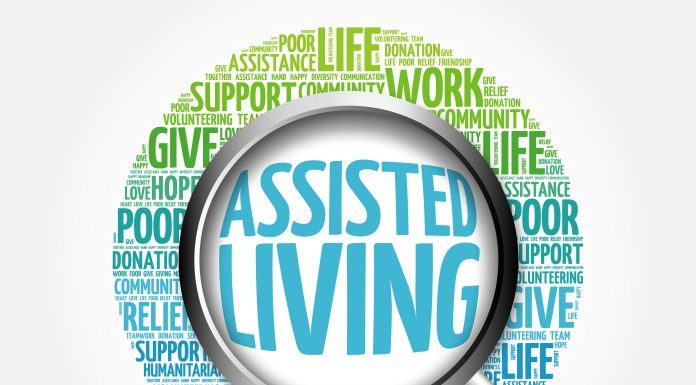Eventually, the infirmities of age affect even healthy, vigorous seniors. The toughest moments come when a friend or their partner tells you they’ve entered hospice care. It’s difficult to know how to react, what to do to help, and how to support your fading friend in the last weeks of their life. Use these tips on what to say and what not to say to someone in hospice care.
Talk to the Person You Know
Your friend or loved one has entered hospice care because the doctors are transitioning away from curative care and focusing on keeping them as comfortable as possible. But though they are dying, they are still the person you know and love.
Talk to your friend or loved one about the things you always talked about. Share jokes, memories, sports scores, and updates about other friends and family. Ask how they’re doing today, and if there’s anything they want to talk about.
Ask Permission To Talk About Uncomfortable Things
If you’re anxious about saying the wrong thing, or you want to talk about something that you’re afraid would be uncomfortable, simply ask. You may want to know if the hospice patient is comfortable talking about what their doctor said or if there’s anything specific they want you to do after they die.
Talking about final arrangements with your parents can be especially fraught, but it is important. Find a calm moment to explain that you want to prepare to honor their wishes and that any time they want to talk about it, you’ll be there.
Make Specific Offers of Help
Don’t say to a dying friend or their spouse, “If there’s anything I can do, just call.” That puts the burden of action on them to think up things for you to do. Instead, ask if you can bring over a DVD to watch together, if you could do a load of laundry, or if you could mow the lawn.
Avoid Clichés
Don’t say, “It’s God’s will,” “I know how you feel,” or “Joe had the same thing, and he got better!” Each person’s illness is different, and their experience is unique.
Say Thanks
Say thank you to your dying friend or loved one for everything they’ve done for you. Say thanks for their smile, their support, their patience, and for sharing their gifts and talents with you. Tell them how they’ve enriched your life.
Don’t ask for forgiveness or reopen old wounds and resentments. A dying person knows that you’re there because you care and that past disagreements don’t matter anymore.
Allow for Silence
Just being present is often the best support you can give to a hospice patient. Don’t try to fill the silence with a lot of chatter. Just holding your loved one’s hand can say more than all the words you could string together.
Knowing what to say and what not to say to a hospice patient helps, but simply letting your loved one know you love them is the best thing to do.
























